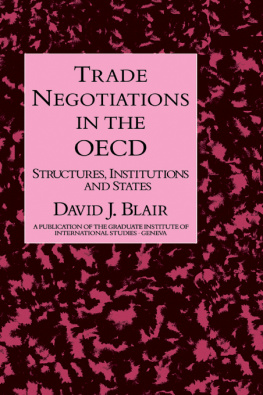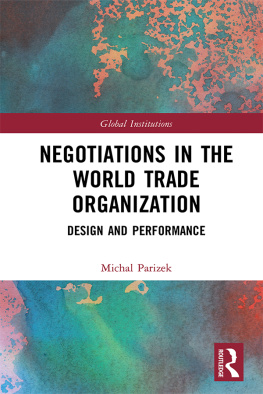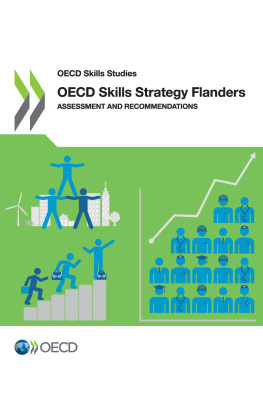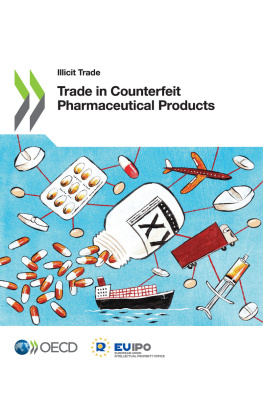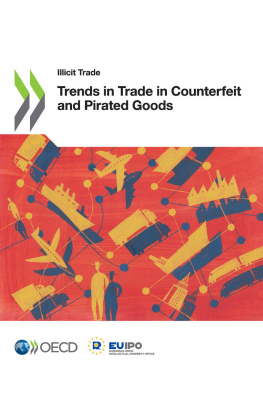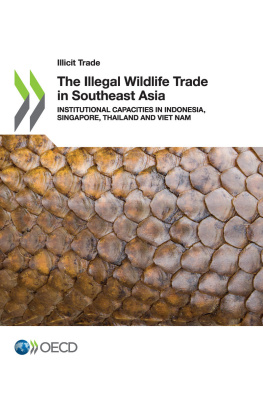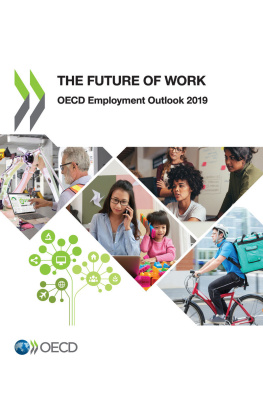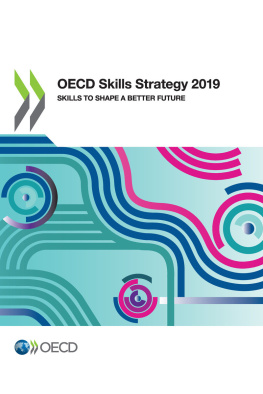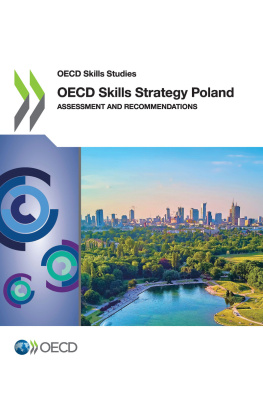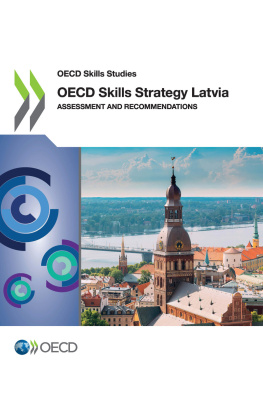First published in 1993
by Kegan Paul International
This edition first published in 2010 by
Routledge
2 Park Square, Milton Park, Abingdon, Oxon, OX14 4RN
Simultaneously published in the USA and Canada
by Routledge
711 Third Avenue, New York, NY 10017
Routledge is an imprint of the Taylor & Francis Group, an informa business
The Graduate Institute of International Studies 1993
All rights reserved. No part of this book may be reprinted or reproduced or utilised in any form or by any electronic, mechanical, or other means, now known or hereafter invented, including photocopying and recording, or in any information storage or retrieval system, without permission in writing from the publishers.
British Library Cataloguing in Publication Data
A catalogue record for this book is available from the British Library
ISBN 10: 0-7103-0432-3 (hbk)
ISBN 13: 978-0-7103-0432-2 (hbk)
Publishers Note
The publisher has gone to great lengths to ensure the quality of this reprint but points out that some imperfections in the original copies may be apparent. The publisher has made every effort to contact original copyright holders and would welcome correspondence from those they have been unable to trace.
PREFACE
This book is situated at the intersection of three main areas of international relations research. The first of these areas is the study of international organisations. My initial objective in writing this volume was to contribute to a better understanding of how international organisations function, why they do what they do, and how they influence the behaviour of nation-states. In the search for answers to these questions I turned to the second area of inquiry, international relations theory.
Because the decisions reached within international organisations are generally the result of some form of bargaining among their members, an examination of the negotiations that go on among member countries is necessary in order to understand the functioning of these organisations. Even though I ended up examining some relatively explicit cases of negotiations, most important decisions made within any international organisation involve an element of bargaining, whether the decision concerns the publication of a report, what issues should be put on the agenda, or even who should fill certain posts in the Secretariat. I was interested in seeing how well some of the most familiar theories of international relations could help explain the outcomes of these negotiations, as well as the impact that those outcomes had on member countries.
My choice of the OECD as a subject of investigation stemmed from an interest in a third area of study, international political economy, in particular the relations among countries in the field of international trade. Upon reviewing the literature on the work of international organisations in this field, I noticed that there was an almost total absence of research on the organisation that grouped together the major trading nations of the world, and that had dealt with international trade matters for a considerable length of time. The trade-related activities of this organisation intrigued me not simply because they were so little known, but also because a number of trends seemed to favour a much more active role for the OECD in the international trading system in the future.
Among these recent trends are the growing importance of domestic policies as a source of friction in international trade, and the increasing linkages between trade and other issues that were not previously considered directly related to trade, such as the environment, culture and regional development. Because the OECD has had a comparative advantage in dealing with domestic policies and in examining the linkages between diverse issues, it seemed that the Organisation had the potential to become a more relevant forum for the negotiation of trade issues, particularly in view of the difficulties being experienced in the GATT.
As I embarked upon my study, I soon realised why this topic had been avoided by others. The OECD is a highly discreet organisation, and documentation on its internal operations is generally closed to the public. Hence, I had to begin my search by going through press clippings from over two decades in order to track down information that had been leaked to the media or presented in press conferences. In many cases, this was the only publicly-available account of the negotiations. Another important source of information was the Congressional Record of the United States, as the American system of government tends to favour a relatively extensive disclosure of the activities of government officials, a characteristic which has been criticised by some, but which is a definite boon to the academic researcher. I also drew upon a number of secondary sources for information about the general environment in which these negotiations took place, and used OECD publications for an official record of the various agreements that had been reached there.
I sent copies of a first draft of each empirical chapter, written on the basis of this information, to members of the OECD Secretariat and to government officials that were involved in the negotiations to verify the facts of the cases. Through an extensive series of interviews with these officials, I was able to correct any inaccuracies that my first round of research had yielded, and to close a number of gaps in information through the personal recollections of these officials and through the access that they often granted me to restricted documents. I then circulated revised drafts of my chapters for further verification. It took some time before I was satisfied that my portrayal of events was accurate and that at least the facts, if not my interpretation of them, were confirmed by the interviewees.
Because of the valuable role they played in my research, my first word of thanks goes out to those officials of several national governments and to members of the OECD Secretariat who generously took the time to read, correct and make extensive comments on my various drafts, as well as to answer my many interview questions. As much as I would like to give them personal credit for their contributions, these interviews were conducted on the understanding that the names of the interviewees would remain confidential. On the same basis, the restricted documents which they allowed me to read are not cited in this study. While these officials helped me set the factual record straight, the interpretation of those facts is mine alone, and although they never sought to impose their views on me, I know that some of them at least would disagree with certain of my conclusions.
On the academic side, I would like to thank by name some of the individuals who read and commented on various versions and parts of this book, including Philippe Braillard, Harish Kapur, Robert Keohane, Rob Paarlberg, Saadia Touval, I. William Zartman, and Jean Zwahlen. I also gratefully acknowledge the funding support I received from the Social Sciences and Humanities Research Council of Canada. I benefited greatly from an Albert Gallatin fellowship awarded to me by the Foundation for Education and Research in International Studies (FERIS), which permitted me to spend a year conducting research in the United States. My thanks also go to a number of institutions that provided me with office space, research facilities, and access to their in-house experts. They include, the Center for International Affairs at Harvard University, the Graduate Institute of International Studies in Geneva, the Royal Institute of International Affairs in London, the School for Advanced International Studies at Johns Hopkins University, and the United Nations and GATT libraries in Geneva.


